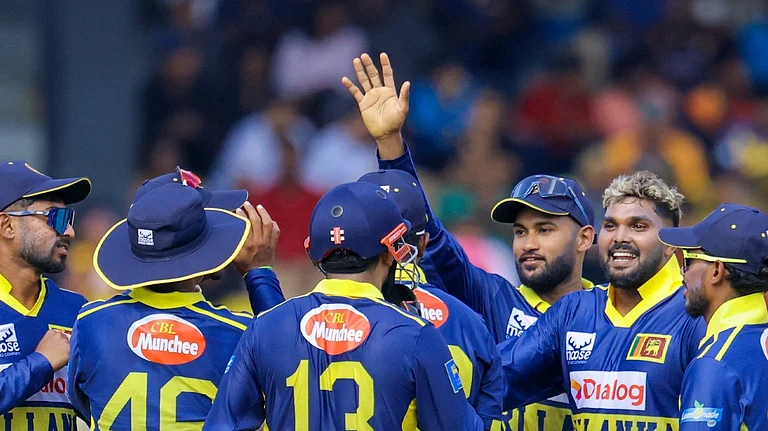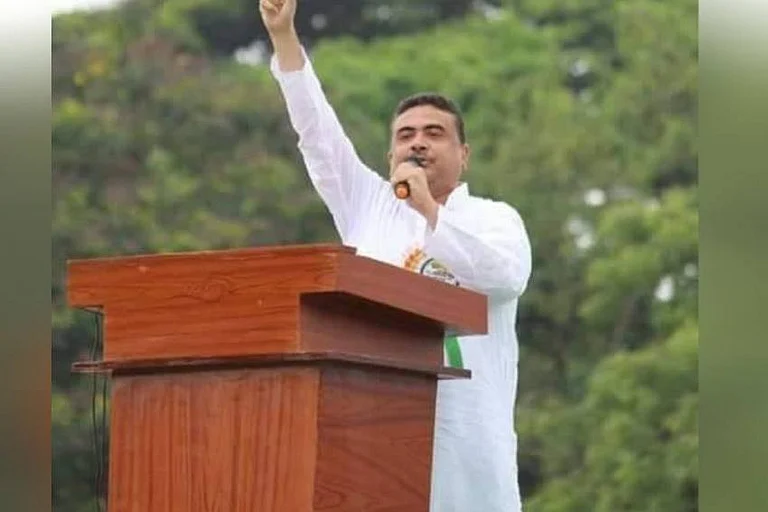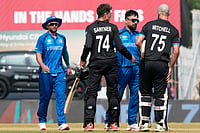Javed Jabbar in ‘The Nation Is Made Of These’ (Outlook, 8th April 2013) appreciably makes a very strong case for defence of minority rights in Pakistan. At the same time he makes serious omissions in the list of minorities. He fails to mention the Muslim sects against whom atrocities are being committed, Shia Muslims and Ahmadiyas. The latter have been even deprived the status of being Muslims. The reasons are obvious as Jabbar’s concept of Pakistan nationalism is based on the hollow ground, that Islam is the base of Pakistani nationalism. He also gives a new twist to the formation of Bangladesh. The formation of Bangledesh irrefutably proved that religion cannot be the binding glue for a modern nation state, but he comes to change the two nation theory in to ‘two nation-three state’ theory!
Pakistan was not a nation before its formation. In his Constituent Assembly speech on 11th August 1947 Mohd Ali Jinnah had pointed out that a new nation was to be created in the state of Pakistan. Contrary to this, Jabbar tries to say that the process of formation of Pakistan begins with the time when the first Muslims arrived in the subcontinent. This is a total distortion of history; in a way it is falling in the trap of communal historiography, which the British introduced in this region to pursue their goal of ‘divide and rule’. This linking of Muslim nationalism with the rule of Muhammad bin Qasim is in keeping with the Hindu nationalists arguing that this has been a Hindu nation since times immemorial.
The very formulation that Muslims ruled for so many years or Hindus ruled from times immemorial is flawed. This periodisation of history into Hindu, Muslim and British periods was introduced by British Historian James Mill, where the religion of the ruler or king is given primacy. The matter of fact is that it is not Hindus or Muslims who ruled, but the Muslim kings or Hindu kings who ruled. They again did not rule on behalf of all Hindus and Muslims, neither did they rule for their religion. In these kingdoms, the administration and armed forces were of mixed religious denominations. Mahmud Gazni had five Hindu generals in his army. Shivaji had 12 Muslim generals in his army. Akbar had Raja Mansingh as his commander in chief while Rana Pratap had Hakim Khan Sur fighting on his behalf. Thirty four percent of court officials of Aurganzeb were Hindus, Mirza Raja Jaisingh used to come to meet Shivaji on Aurangzeb’s behalf. Kingdoms are a different system of rule and to link up today’s modern nationalism to the rule of kings is to fall in the trap of politics, which became divisive and communal in modern times.
The communal claim that the British had taken over the Raj from Muslim rulers and so it should be returned to Muslims is as flawed as the formulation that we are a Hindu nation and so we should have a Hindu Rashtra. Glossing over the formation of Bangladesh as merely a failure of state structure is again an apologia for communal thinking. The very formation of Bangladesh proved that the interests even of the ruling elite of East and West Pakistan were diagonally opposite to each other. The major factor in formation of Pakistan as such begins with the reaction of feudal classes, Hindus and Muslims both, to the rising Indian nationalism. The lead founders of Muslim League and Hindu Mahasabha (Nawab of Dhaka and Raja of Kashi in particular) were together in United India Patriotic Association, which was formed jointly by the Muslim and Hindu landlords and kings. The aim of this organization was to protect their interests and they pledged their loyalty to the British crown. It was the British Viceroy who encouraged the Muslim landlords and Nawabs to call upon him in Shimla in 1906 and to recognize them as the representative of Muslims. The role of the British in partitioning the subcontinent is underplayed by the communalists of both colours. The role of feudal elements in trying to protect their social, economic political privileges in the garb of religion is cleverly hidden by the proponents of religious nationalism from both sides.
The British, having succeeded in their goal of splitting United India Patriotic Association into Muslim League and Hindu Mahsabha, got the best allies for lording over the subcontinent. While the leaders of these communal organizations, Jinnah and Savarkar were hardly religious in their life style, the leaders of the secular democratic national movement, Mahatma Gandhi and Maulana Abul Kalam Azad, both very religious, rejected the religious nationalisms and the concept of a Muslim nation and a Hindu nation. The Lahore Resolution, which Jabbar calls the major milestone towards his brand of Islamic nationalism, was a handiwork of small section of Muslims while the average Muslims at large opposed it. Maulana Abul Kalam Azad, who knew the history of Indian Muslims better than others, never came to support such a resolution. The obvious point was that the communalist failed to see that the Muslims in India were not one monolith -- but had different denominations and also had vast differences of history, culture, dress, food habits and language. This also became the ground for splitting of Pakistan in due course. And Azad could predict the trajectory of a state formed in the name of religion.
Gandhi, in his own style pointed out that Muslims have different characteristics in different states of India and so his query to Jinnah that when he talked of Muslims, did he mean the Muslims of entire Indian geography or Muslims of the geography that Pakistan was to be? One has to realise, 60 years down the line, that the colonialists had bigger interests in dividing India for their long term goal of confronting the rising tide of socialism. And how shrewdly, later they used Pakistan for their hold on South and West Asia.
One welcomes the positive attitude of Jabbar in recommending the rights of minorities in Pakistan to live with security and equity, but at the same he too should realise that the very notion of Islamic identity for a state is untenable in these times.





















